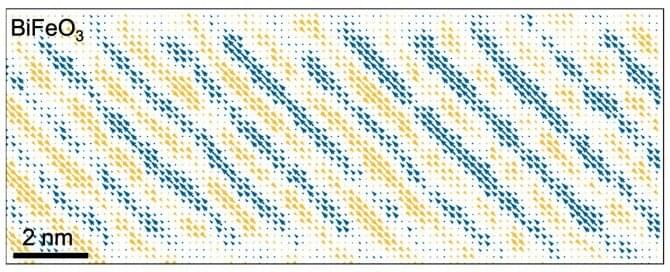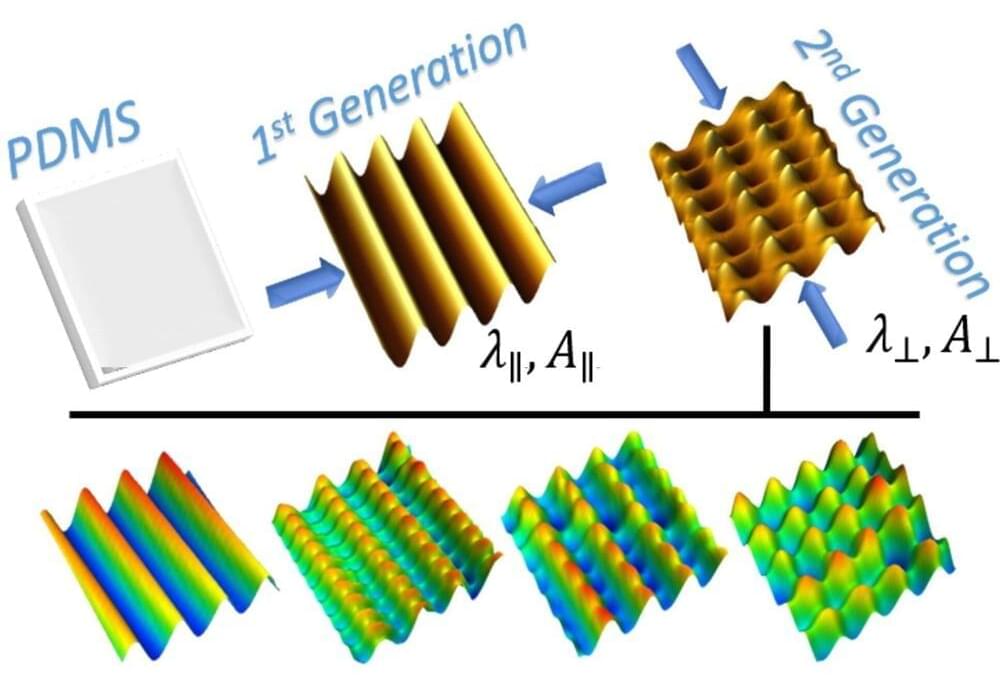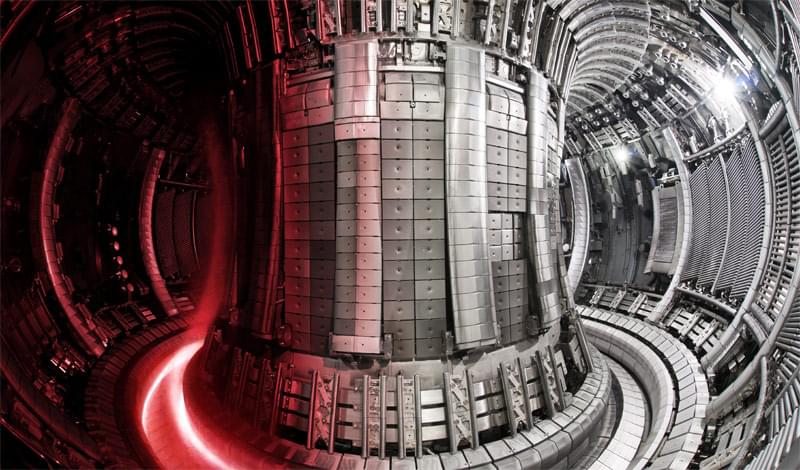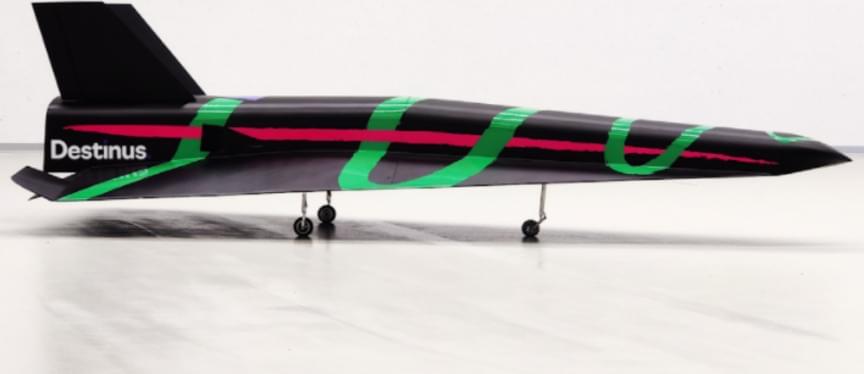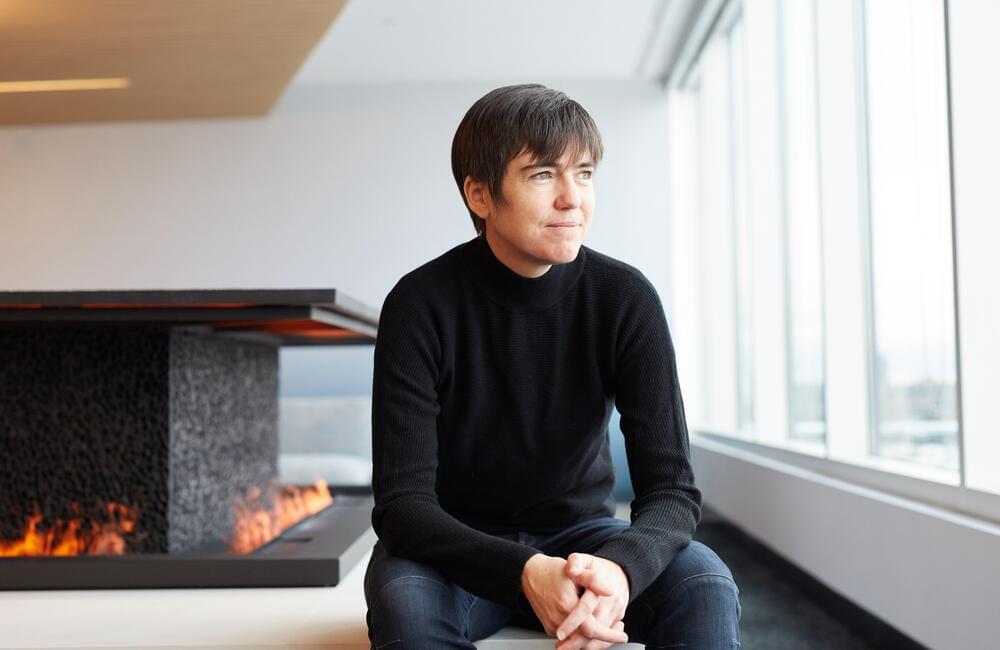Waabi, a Toronto-based AI startup that came out of stealth last year, says it’s developed an advanced simulator that can train autonomous vehicles to handle nearly limitless types of driving conditions-in a virtual world-and do so faster and more thoroughly than self-driving rivals that prioritize road tests.
The Waabi World platform is more comprehensive than any used by competitors as it can more accurately mimic real-world scenarios and create the types of rare, challenging “edge cases” that occur on the road only rarely, company founder and CEO Raquel Urtasun tells *Forbes*. Learning in this elaborate virtual world is happening constantly, preparing the software to eventually drive a range of vehicles from robotaxis to semi-trucks.
It’s the “most scalable, high-fidelity, closed-loop simulator that ever existed and, we believe, the key to unlocking self-driving technology at scale,” says Urtasun, who is also professor of computer science at the University of Toronto and a past chief scientist for Uber’s autonomous vehicle team. “It’s an immersive and reactive environment that can automatically design tests for our self-driving brain, which we call the Waabi Driver, and also automatically assess the skills of the Waabi Driver. Ultimately, it can also teach the Waabi Driver to learn the skills of driving.”
Full Story:
Toronto-based Waabi says its advanced new simulator can train autonomous vehicles to handle a nearly limitless number of road conditions–and do so faster than bigger self-driving rivals that rely more on road tests.
